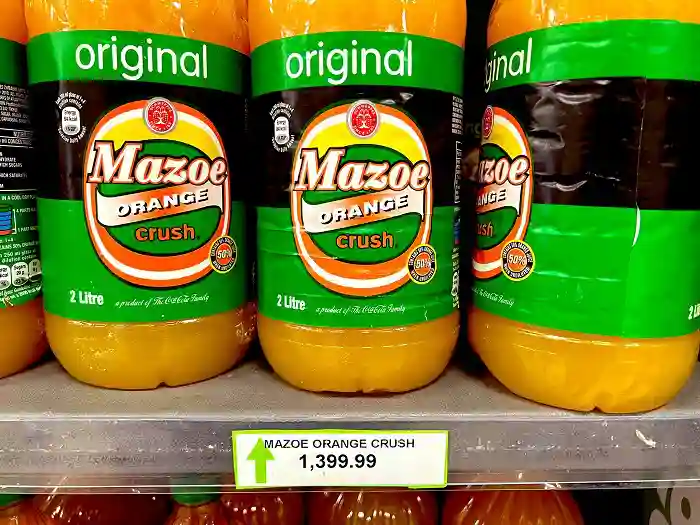Buy Zimbabwe is currently in discussions with the Procurement Regulatory Authority of Zimbabwe (PRAZ) to prioritise goods and services produced within the country. This initiative aims to ensure that a majority of the products available for sale are locally made. PRAZ is responsible for regulating procurement processes within the government and State enterprises.
In an interview with NewsDay Business, Munyaradzi Hwengwere, the CEO of Buy Zimbabwe, stated that they focus on prioritising locally manufactured goods in the public procurement sector. He said:
Our focus areas have really been to make sure that on the public procurement sector we prioritise locally produced goods and services. Right now, our discussion with the Procurement Regulator Authority of Zimbabwe is to make sure that the provision that prefers locals in terms of public procurement is tightened so that it focuses on the goods.
While the provision is there, it is too open-ended and it does not speak of locally-produced goods and services. And it has created loopholes so that’s the first strategy that we can speak about.
The discussions with PRAZ are of great significance because the public sector is the largest buyer of goods and services in Zimbabwe. For instance, between January and September of this year, an estimated ZWL$4.45 trillion was spent on goods and services, which provides a substantial market for local manufacturers and service providers.
Hwengwere said that the Buy Zimbabwe campaign has already resulted in a decrease in imports. He referred to the trade data from October, released by ZimStats, to support this claim. However, he stressed the need to focus on value-added exports to increase the value of Zimbabwe’s exports. At present, the majority of Zimbabwe’s exports are commodities, which have a relatively lower value compared to finished goods that are imported.
Hwengwere acknowledged that Zimbabwe heavily relies on imported products like petroleum, but mentioned that there has been a significant preference for Zimbabwean products in the food sector. He emphasized the importance of private sector engagement and creating a national database to understand better and connect locally generated products and services to the domestic market.
Hwengwere said Buy Zimbabwe does not advocate for complete isolation from international trade. He said while there are areas where other countries have a comparative advantage, it is crucial to focus on promoting local production and supporting locally-made goods and services.
Locally made products are more expensive than imported goods because the cost of production is high. As a result, people have been choosing to buy imported goods and services instead. This has been a concern for the local industry, and they are calling on the government to step in and protect them. Economists have always argued that it is important to ensure that the operating environment is conducive for businesses to thrive because that would help create jobs, boost the economy, and ensure the sustainability of local businesses.

